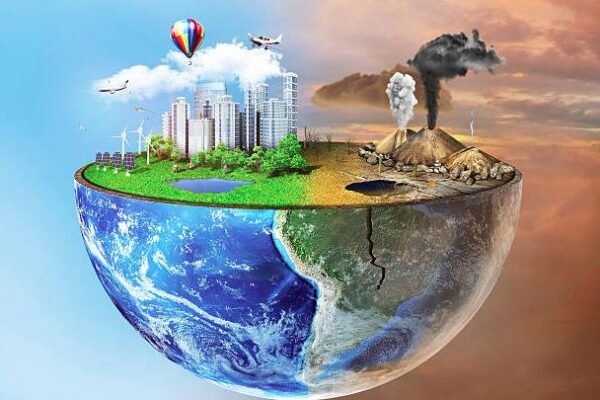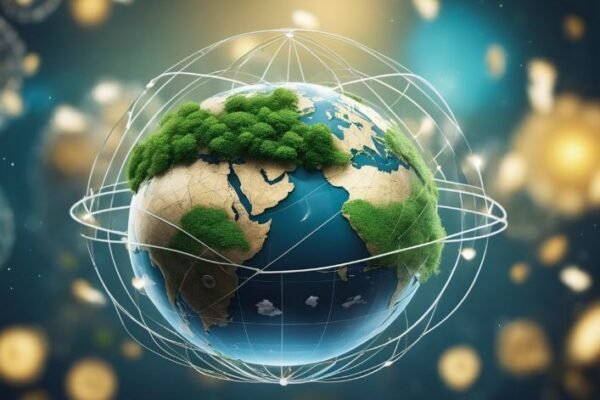
How to Engage in Ethical Environmental Activism
Engaging in environmental activism is a powerful way to contribute to the preservation of our planet. However, it’s important to approach activism ethically, ensuring that your efforts are both effective and just. Here’s a guide on how to engage in ethical environmental activism, focusing on principles of sustainability, inclusivity, and respect for all communities. Educate…














